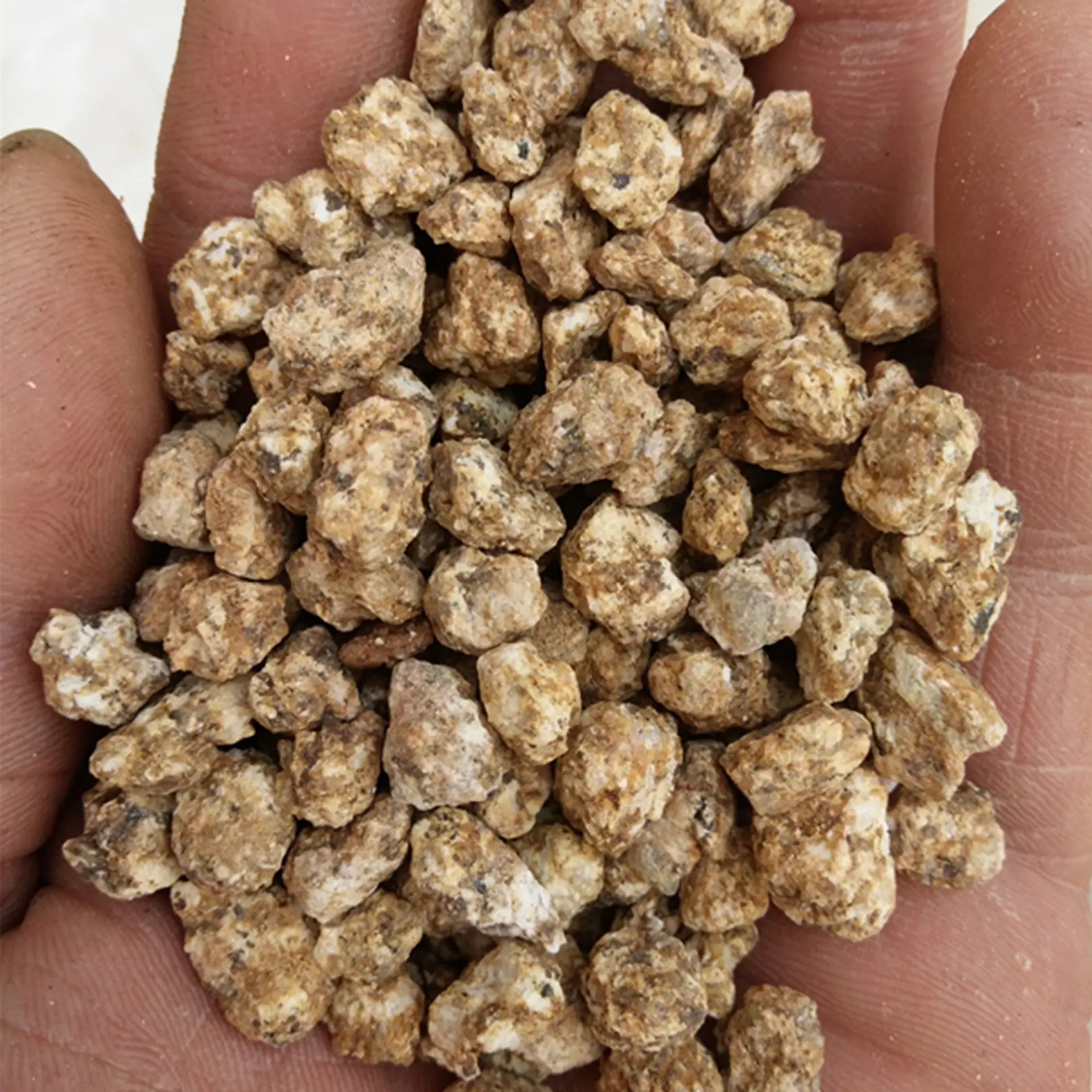
The Benefits of Using Vermiculite in Fertilizer for Enhanced Plant Growth
The Role of Vermiculite Fertilizer in Sustainable Agriculture
Vermiculite, a hydrous phyllosilicate mineral, has gained significant attention in the world of agriculture, particularly in sustainable farming practices. Its unique properties make it a desirable soil amendment that not only enhances plant growth but also contributes to environmental sustainability. This article discusses the various benefits of vermiculite fertilizer and its role in modern agriculture.
What is Vermiculite?
Vermiculite is formed from the weathering and hydration of mica, resulting in a lightweight, versatile mineral that expands when heated, creating small, accordion-like particles. This expansion gives vermiculite its characteristic properties, including excellent aeration, moisture retention, and nutrient-holding capacity. These features make vermiculite an ideal component in potting mixes, seed starting, and soil conditioning.
Benefits of Vermiculite Fertilizer
1. Moisture Retention One of the primary benefits of vermiculite is its ability to retain moisture. Its hygroscopic nature allows it to absorb water and release it slowly to plant roots, ensuring consistent hydration. This property is particularly beneficial in arid climates or during dry spells, enabling farmers to use water resources more efficiently.
2. Aeration Vermiculite’s structure promotes good aeration within the soil. Its lightweight particles create air pockets, allowing for better root oxygenation. Enhanced aeration is critical for root development, as it reduces the risk of root rot and other diseases associated with waterlogged soils.
3. Nutrient Supply Vermiculite acts as a reservoir for essential plant nutrients. The cation-exchange capacity (CEC) of vermiculite allows it to attract and hold positive ions, such as potassium, magnesium, and calcium, making it a valuable source of nutrients. This property reduces the leaching of these nutrients, ensuring that they remain available for plant uptake over a more extended period.
vermiculite fertilizer

4. pH Neutral Vermiculite is generally pH neutral, which means it will not adversely affect soil acidity or alkalinity. This characteristic is advantageous for maintaining optimal pH levels for various crops, facilitating better nutrient availability and plant health.
5. Ecological Benefits The use of vermiculite as a fertilizer aligns with sustainable agriculture practices. By enhancing soil structure and health, vermiculite contributes to increased organic matter content, supporting biodiversity and improving overall soil fertility. This results in reduced reliance on synthetic fertilizers, which can have detrimental ecological effects.
6. Lightweight and Easy to Handle Compared to traditional soil amendments, vermiculite is significantly lighter, making it easier for farmers and gardeners to handle and apply. This convenience can save on transportation costs and labor time, making it an economically viable option for many agricultural operations.
Applications in Agriculture
Vermiculite fertilizer can be used in various agricultural applications. It is commonly added to potting mixes for container gardening, ensuring young plants receive the necessary moisture and nutrients. It is also used in hydroponic systems, where its moisture retention properties are particularly advantageous.
Additionally, farmers can incorporate vermiculite into their fields to improve soil structure and enhance the growth of crops like vegetables, fruits, and ornamental plants. Its ability to support seed germination and root establishment makes it an excellent choice for nurseries and greenhouse operations.
Conclusion
Vermiculite fertilizer stands out as an invaluable resource in sustainable agriculture. Its ability to retain moisture, provide nutrients, and enhance soil structure offers numerous benefits that contribute to healthier plants and improved crop yields. As the agricultural sector seeks to adopt more environmentally friendly practices, the versatility and effectiveness of vermiculite make it a promising solution for farmers and gardeners alike. By integrating vermiculite into their soil management strategies, they can not only optimize plant growth but also promote ecological balance and sustainability in agriculture.
Share
-
Premium Pigment Supplier Custom Solutions & Bulk OrdersNewsMay.30,2025
-
Top China Slag Fly Ash Manufacturer OEM Factory SolutionsNewsMay.30,2025
-
Natural Lava Rock & Pumice for Landscaping Durable Volcanic SolutionsNewsMay.30,2025
-
Custom Micro Silica Fume Powder Manufacturers High-Purity SolutionsNewsMay.29,2025
-
Custom Mica Powder Pigment Manufacturers Vibrant Colors & Bulk OrdersNewsMay.29,2025
-
Custom Micro Silica Fume Powder Manufacturers Premium QualityNewsMay.29,2025






